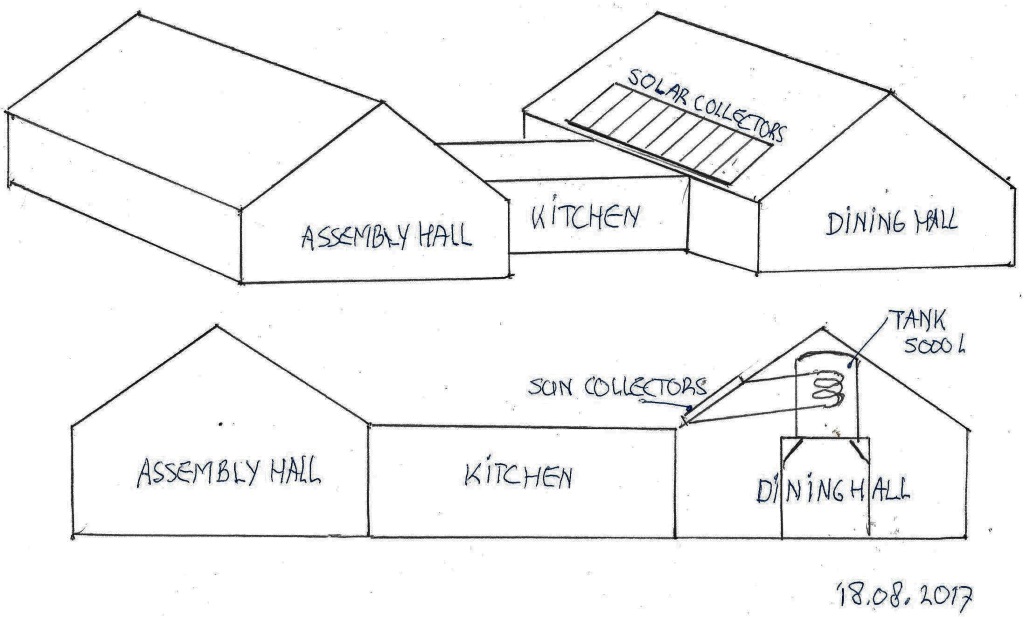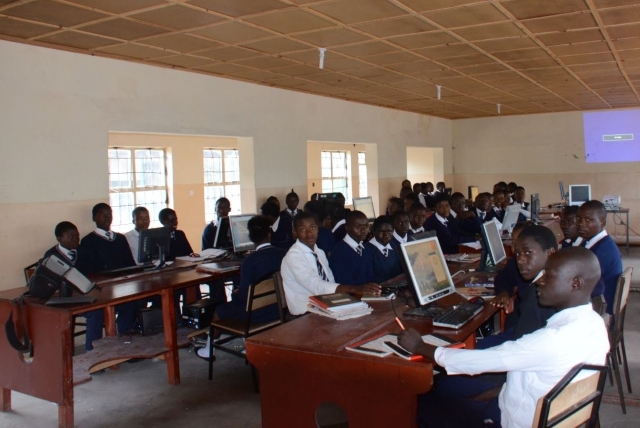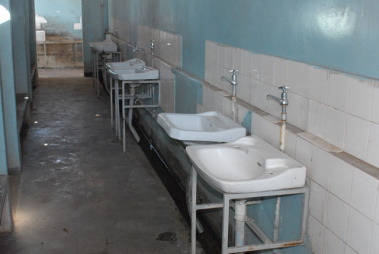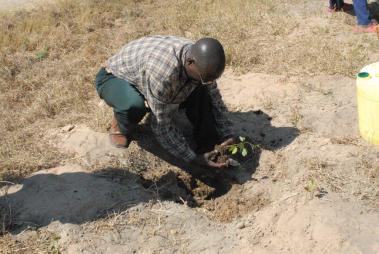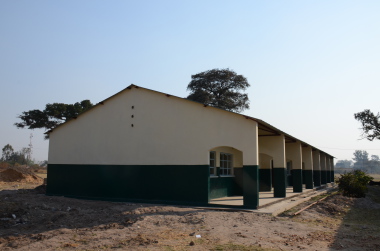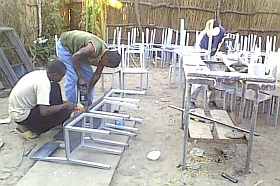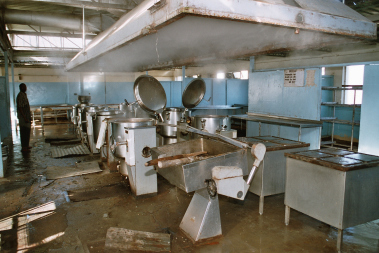The financial situation of the school has taken a downturn, since the rates of the national electricity company ZESCO have been increased by 50% in May. Another increase of 25% will take place on the 1st of September. On the other side, the school fees are still frozen on the same level of 2008 despite an average yearly inflation of 10%. The school reacted immediately by cooking meals that take longer to cook, like beans, nshima and meat, on the wood stove in the outer kitchen. This means less money spent for the school, but since the wood taken from the woods of Namwala, it is not a sustainable solution.
| SOCIAL SERVICES TARIFFS | Current Tariffs K/kWh | New Tariffs 15th May 2017 K/kWh | New Tariffs 1st September 2017 K/kWh |
| Schools, Hospitals, Orphanages, Churches, water pumping and street lighting | 0.28 | 0.42 | 0.49 |
Which solutions are imaginable?
There are ovens fuelled by pellets who are offered as an alternative to diesel generators because of the irregular power supply and that have a reputation of being very effective. Pellets cost 2,7 Kwacha per kg. The heating value is 4,7kWh/kg.
Therefore, 1kWh costs 0,57 Kwacha, which is more than the ZESCO rate, which will take place on the 1st of September.
Additionally, the power supply in Namwala has been much more reliable since the opening of the Itezhi Tezhi water power plant in 2016. With that in mind, the above solution does not make much sense.
The only solution remaining is heating the water with solar panels. The daily need for hot water of the school kitchen is 5000 l. If we assume, that the water is heated by 10 degrees from 70 C to 80 C and the specific heat of water is 4,187 kJ/kgC, then 4,187 x 5 000 x 70 = 1 465 450 kJ = 1 465 450 x 0.000 277 778 = 407 kWh.
The kWh price in Zambia for schools is 0,49 Kwacha from the 1st of September onwards, which means that the school can save 199 Kwacha per day, so about 22 CHF. This means the school will be able to save 6000 CHF per year.
The sketch below shows how the solar panels could be installed. We are currently collecting offers and calculations and hope to install the panels in 2018.
– Johannes van der Weijden

